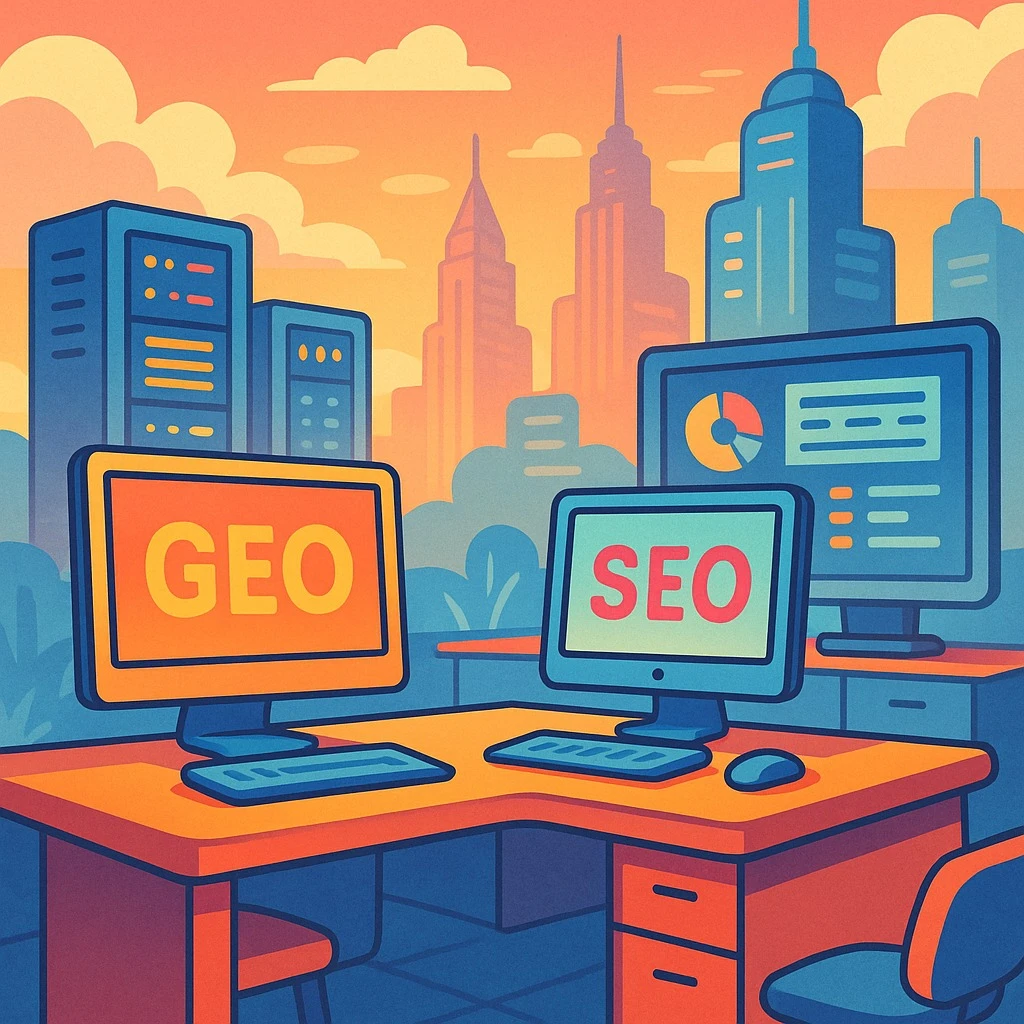GEO vs SEO: How AI is Changing the Way We Optimize Content

GEO vs SEO: What You Need to Know
If you’ve been keeping up with digital marketing trends, you’ve probably heard of SEO—Search Engine Optimization. For years, SEO has been the main tool businesses use to rank higher on Google, Bing, and other search engines. But now, a new player is emerging: GEO, or Generative Engine Optimization.
What is GEO?
While SEO focuses on keywords, backlinks, and website structure, GEO is designed to make your content more visible and trustworthy for AI-powered search engines like ChatGPT, Google SGE, or Bing Chat. AI doesn’t just scan websites like a traditional search engine—it summarizes, cites, and delivers answers directly to users.
This means your content needs to be clear, well-structured, and factually accurate. Using bullet points, tables, headings, and authoritative sources helps AI understand and reference your content effectively.
Why GEO Matters
-
AI is changing search – More users now get answers from AI chatbots instead of clicking traditional search results.
-
Structured content wins – Content that’s organized and factual is more likely to be cited by AI systems.
-
New performance metrics – Instead of just ranking keywords, brands need to track how often their content is cited in AI responses and monitor brand sentiment across AI platforms.
SEO and GEO: A Complementary Approach
It’s important to note that GEO doesn’t replace SEO. Instead, the two strategies can work together. While SEO ensures you’re visible in traditional search engines, GEO ensures your content is AI-ready. Businesses that integrate both strategies will enjoy broader visibility and higher trust with both human users and AI systems.
Tools and Tips
-
AI Search Monitoring Tools – Platforms like Wix and HubSpot now offer tools to monitor AI citations, brand sentiment, and share of voice across AI platforms.
-
Content Structuring – Use clear headings, bullet points, and authoritative sources. Avoid fluff, focus on facts, and keep sentences concise.
-
Stay Updated – AI search evolves fast. Regularly review your content and adjust it for new AI ranking behaviors.
Final Thoughts
The digital marketing landscape is evolving. SEO is still important, but businesses need to embrace GEO to stay ahead. By creating content that is search-engine-friendly and AI-ready, brands can ensure visibility in both traditional and AI-driven searches.






